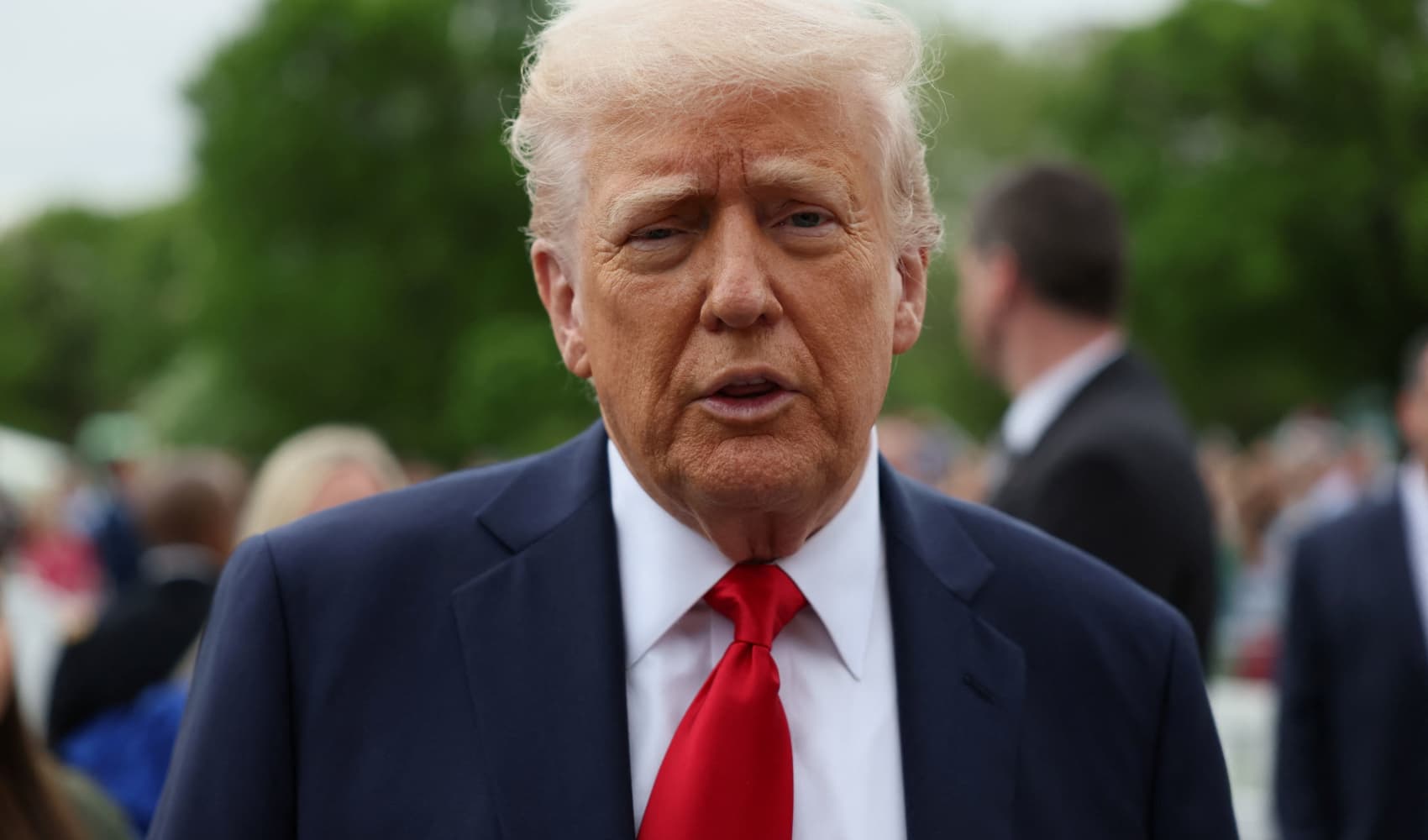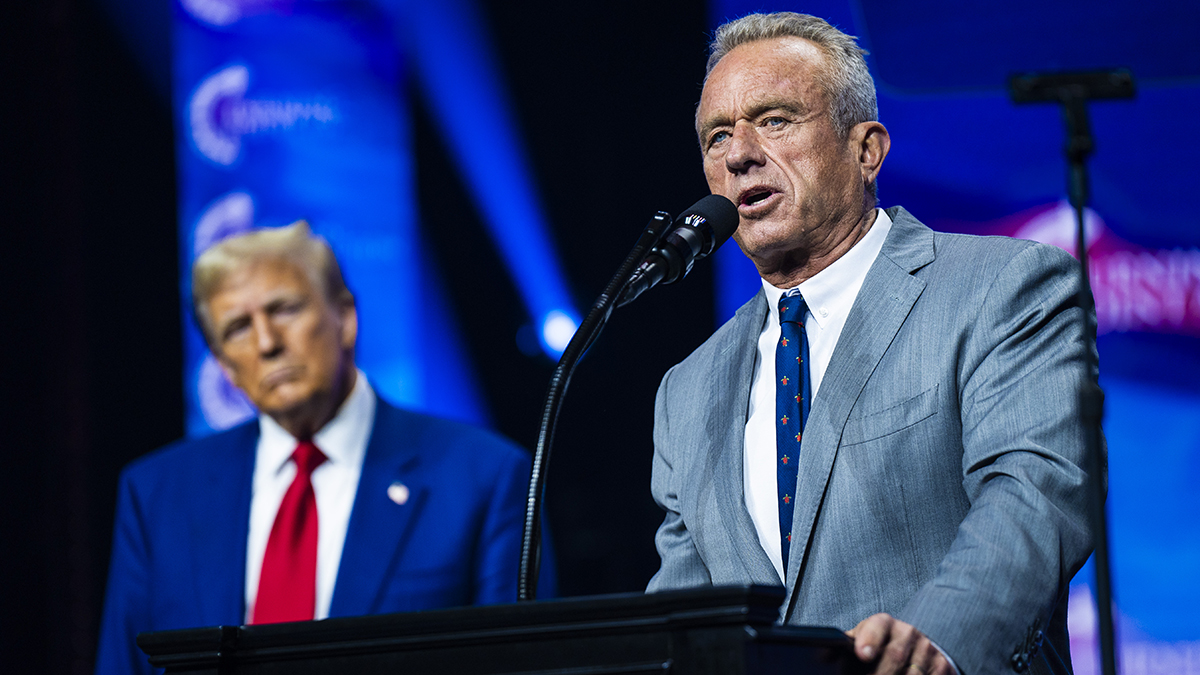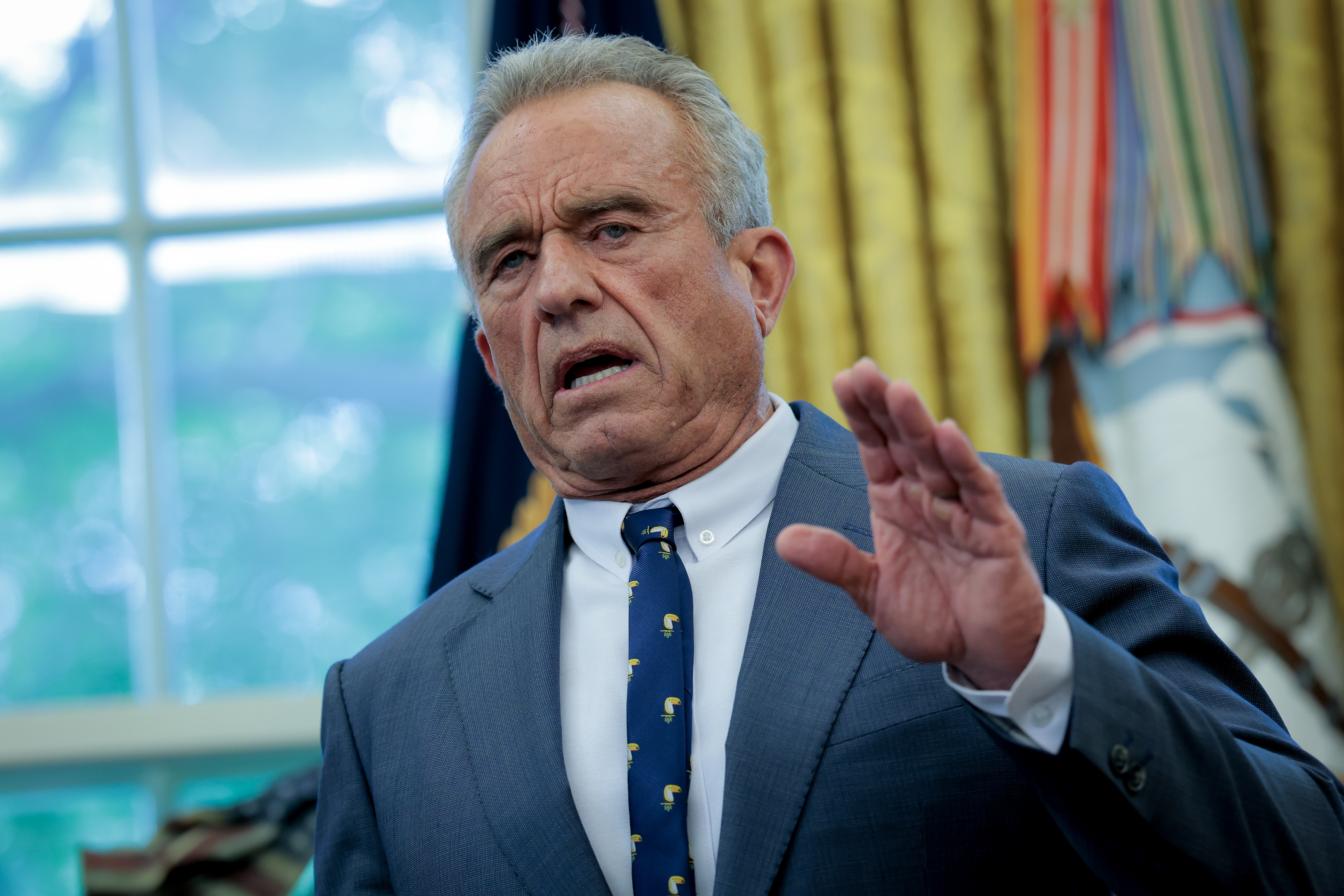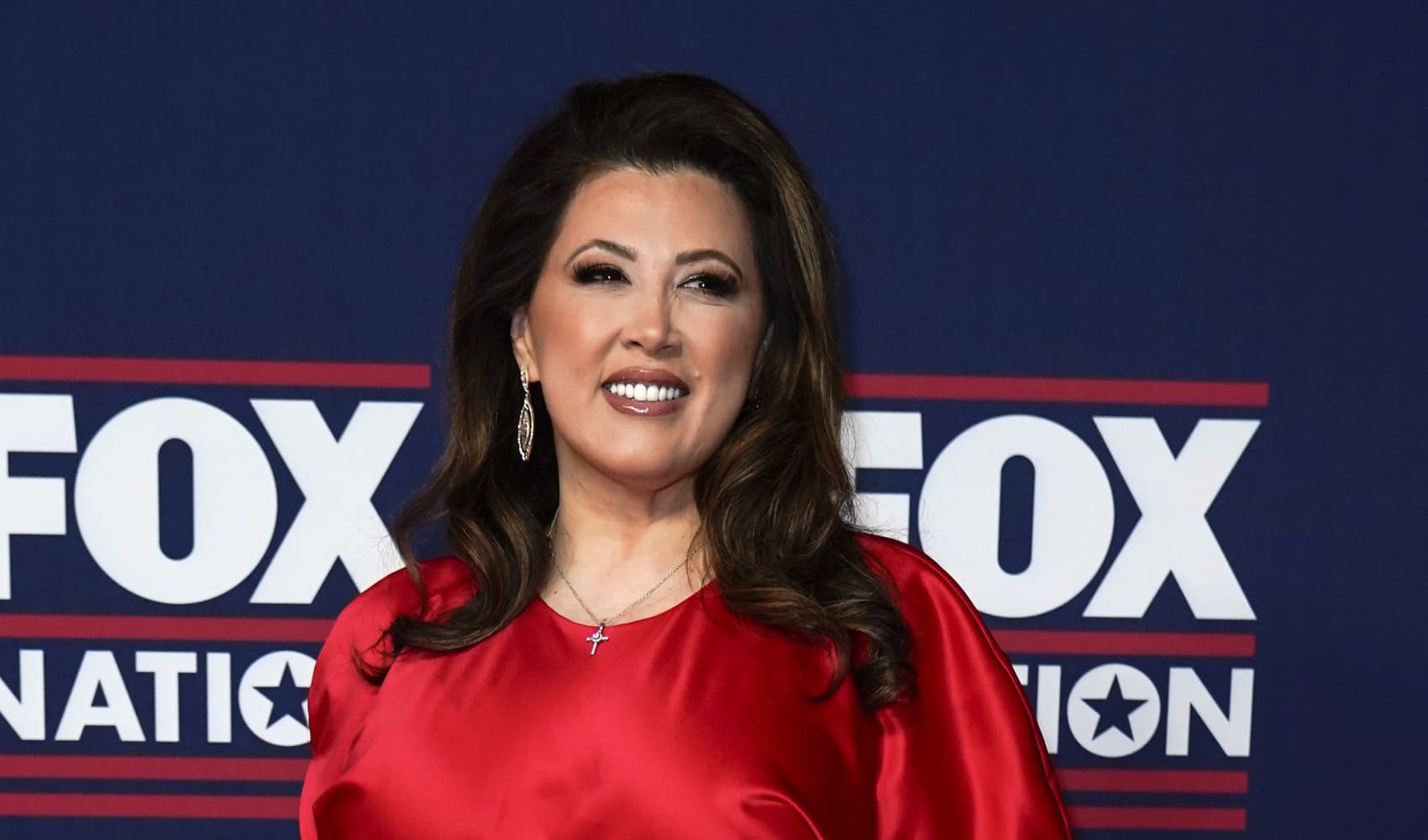RFK Jr's HHS Claims: Fact-Checking Measles, Autism & Diet
Fact Focus: Unpacking RFK Jr.'s HHS Stance on Measles, Autism & Diet
Introduction: RFK Jr.'s Health Revolution?
In a whirlwind of change, Robert F. Kennedy Jr.'s tenure as the federal health secretary has sparked both excitement and apprehension. Imagine a scenario where the very foundation of our public health system is being reshaped in just a matter of months. Kennedy's actions, from personnel changes to dietary policy recommendations, have put a spotlight on his views regarding measles, autism, and diet. But are these changes truly revolutionary, or are they sowing seeds of doubt and misinformation? Let's delve into the facts behind Kennedy's claims and examine the potential consequences of his "Make America Healthy Again" initiatives.
Dismissing Public Health Workers: A Necessary Shift or a Dangerous Purge?
One of Kennedy's first actions was reportedly dismissing 10,000 public health workers. Now, is this a strategic move to streamline the department and eliminate redundancies, or is it a dismantling of critical infrastructure? It depends on who you ask. Kennedy's supporters may view it as eliminating bureaucratic bloat, making room for fresh perspectives and innovative approaches. However, critics worry about the loss of experienced professionals who possess invaluable knowledge and expertise. We need to ask: are these positions being replaced with equally qualified individuals who align with Kennedy's vision, or are essential public health functions being neglected?
The Impact on Public Health Infrastructure
The abrupt dismissal of such a large number of workers can have ripple effects across the entire public health system. It could lead to delays in disease surveillance, hinder emergency response efforts, and ultimately compromise the health and safety of the American public. Effective public health depends on a well-trained and dedicated workforce, and any disruption to this system could have serious consequences.
Meeting with Governors: Restricting Unhealthy Foods in Taxpayer-Funded Programs
Kennedy's meetings with state governors to discuss restricting unhealthy foods in taxpayer-funded programs is a bold move. Is this a proactive step towards preventing chronic diseases and promoting healthier lifestyles, or is it an example of government overreach and paternalistic control? The devil, as always, is in the details.
Defining "Unhealthy": A Slippery Slope?
One key question is how "unhealthy foods" will be defined. Will it be based on sound scientific evidence and nutritional guidelines, or will it be influenced by personal biases and subjective opinions? A clear and transparent definition is crucial to ensure fairness and avoid unintended consequences. For example, restricting access to affordable, albeit less nutritious, options could disproportionately impact low-income communities who rely on these programs for sustenance.
Vaccine Messaging: Inconsistency and Its Consequences
Perhaps one of the most contentious aspects of Kennedy's public statements concerns vaccines. His message has been described as inconsistent, and in the context of recent measles outbreaks, such ambiguity can be incredibly dangerous. Vaccines have long been hailed as one of the greatest achievements of modern medicine. So why the hesitation?
The Measles Outbreak Connection
Measles outbreaks are a stark reminder of the importance of herd immunity. When a significant portion of the population is vaccinated, it protects those who cannot be vaccinated, such as infants and individuals with compromised immune systems. Kennedy's ambiguous messaging on vaccines risks undermining public trust in immunization programs and jeopardizing the health of vulnerable populations.
Autism Research: A Six-Month Promise
Kennedy has promised to find some of the causes of rising U.S. autism rates in under six months. This is a very ambitious goal, given the complexity of autism and the extensive research that has already been conducted. Can a comprehensive investigation into the causes of autism truly be completed in such a short timeframe? Let's examine this promise more closely.
The Genetics-Environment Interplay
Autism is a complex neurodevelopmental disorder with a multifactorial etiology. Research suggests that both genetic and environmental factors play a role in its development. Identifying the specific genes and environmental exposures that contribute to autism is a monumental task that requires rigorous scientific investigation. Claiming to find "some" of the causes in six months may be a way to temper expectations, but it raises questions about the scope and depth of the research being conducted.
Diving Deeper: Examining Specific Claims
Let's break down some of Kennedy's specific claims related to measles, autism, and diet, and compare them to the established scientific consensus.
Claim 1: Measles is "Harmless"
The Reality: Measles is a highly contagious and potentially serious disease that can lead to severe complications, including pneumonia, encephalitis (brain inflammation), and even death. While most people recover fully, the risks are significant, especially for young children and individuals with weakened immune systems. Before the introduction of the measles vaccine, measles was a leading cause of childhood mortality.
Claim 2: Vaccines Cause Autism
The Reality: The scientific consensus is overwhelmingly clear: vaccines do not cause autism. This claim has been thoroughly debunked by numerous studies, including large-scale epidemiological studies that have examined millions of children. The original study that sparked this controversy was retracted due to fraudulent data and unethical research practices.
Claim 3: Diet Can "Cure" Autism
The Reality: There is no scientific evidence to support the claim that diet can cure autism. While some individuals with autism may benefit from dietary modifications to address specific food sensitivities or nutritional deficiencies, diet is not a cure for the underlying neurological condition. Promoting such claims can be harmful and misleading to families seeking effective interventions for their children.
The Power of Anecdotal Evidence: A Double-Edged Sword
Anecdotal evidence, or personal stories, can be compelling. However, they are not a substitute for scientific evidence. It's essential to distinguish between individual experiences and statistically significant data. While some individuals may believe that vaccines caused their child's autism or that a specific diet alleviated their symptoms, these anecdotes do not prove causation. Correlation does not equal causation.
The Role of Social Media: Amplifying Misinformation
Social media platforms have become powerful tools for disseminating information, both accurate and inaccurate. Kennedy's views, whether based on solid evidence or not, can quickly spread through social media channels, reaching a vast audience. This can lead to the amplification of misinformation and the erosion of public trust in science and medicine. Platforms need to be more proactive in addressing health-related misinformation.
The Importance of Critical Thinking
In a world saturated with information, critical thinking is more important than ever. We need to be able to evaluate the credibility of sources, distinguish between fact and opinion, and recognize logical fallacies. Before accepting any claim, especially one related to health, it's essential to ask questions, consult multiple sources, and rely on evidence-based information.
Public Trust: The Foundation of Public Health
Public trust is the cornerstone of effective public health. Without trust in health authorities, people are less likely to comply with public health recommendations, such as vaccinations and preventative screenings. When prominent figures like Kennedy express skepticism or doubt about established scientific findings, it can erode public trust and undermine public health efforts.
The Ethical Considerations: Responsibilities of a Health Official
As a federal health secretary, Kennedy has a significant responsibility to promote accurate and evidence-based information to the public. His statements have a profound impact on people's health decisions. It is ethically imperative that he base his recommendations on sound scientific evidence and avoid spreading misinformation that could harm the public.
Looking Ahead: What's Next for HHS?
The future direction of the Department of Health and Human Services under Kennedy's leadership remains uncertain. Will he continue to pursue controversial policies and challenge established scientific consensus, or will he adopt a more evidence-based approach? The answer to this question will have far-reaching implications for the health and well-being of the American people.
Conclusion: A Call for Evidence-Based Decision-Making
RFK Jr.'s time as head of HHS has been marked by significant changes and controversial statements, particularly concerning measles, autism, and diet. While his intentions may be to improve public health, the scientific evidence does not support some of his claims. Moving forward, it is crucial to prioritize evidence-based decision-making, promote accurate information, and safeguard public trust in health authorities. Only then can we truly "Make America Healthy Again" based on facts, not just well-intentioned feelings.
Frequently Asked Questions
- What is the scientific consensus on the link between vaccines and autism?
The scientific consensus is that there is no link between vaccines and autism. Numerous studies have consistently demonstrated that vaccines do not cause autism.
- Is measles really that dangerous? I thought it was just a childhood illness.
Measles is a highly contagious and potentially serious disease that can lead to severe complications such as pneumonia, encephalitis (brain inflammation), and even death. It is particularly dangerous for young children and individuals with weakened immune systems.
- Can diet cure autism?
No, there is no scientific evidence to support the claim that diet can cure autism. While some individuals with autism may benefit from dietary modifications to address specific food sensitivities or nutritional deficiencies, diet is not a cure for the underlying neurological condition.
- What can I do to ensure I'm getting accurate health information online?
It's important to be critical of the sources you consult online. Look for reputable sources such as government health agencies, medical journals, and professional organizations. Be wary of websites that promote unsubstantiated claims or sell unproven treatments.
- Why is public trust in health authorities so important?
Public trust is essential for effective public health. When people trust health authorities, they are more likely to comply with public health recommendations, such as vaccinations and preventative screenings, which protect both themselves and the community.




